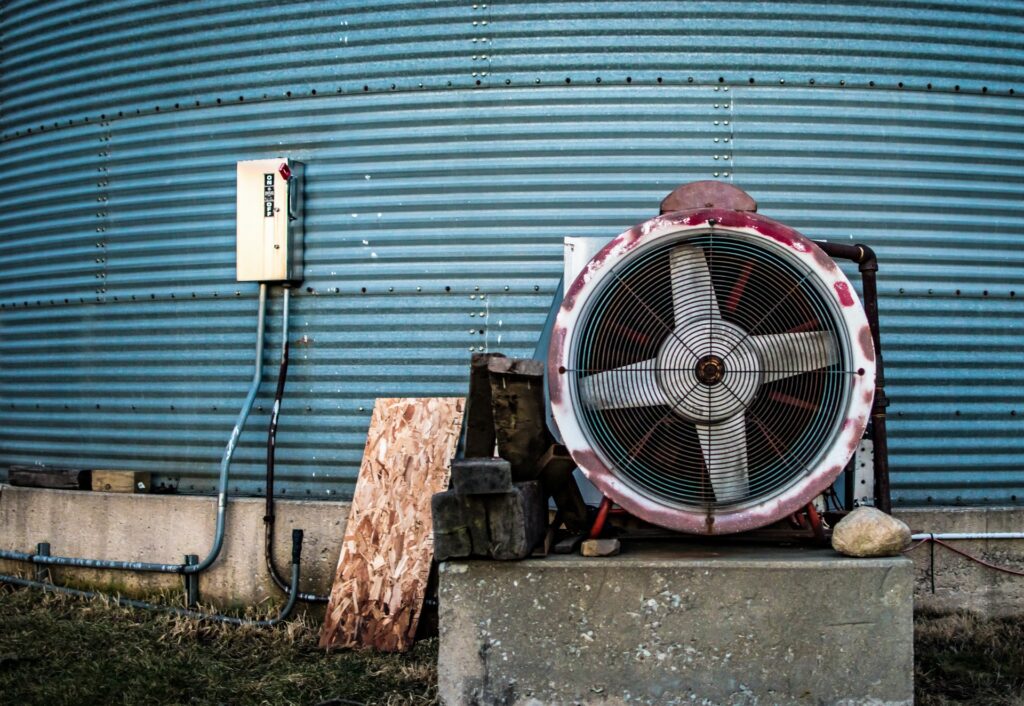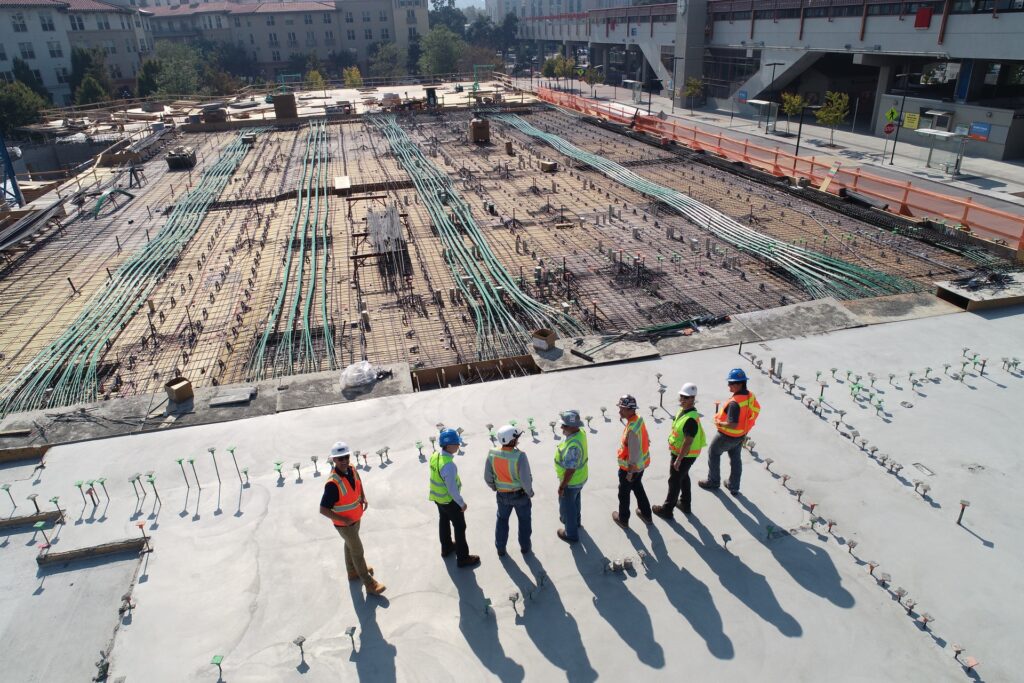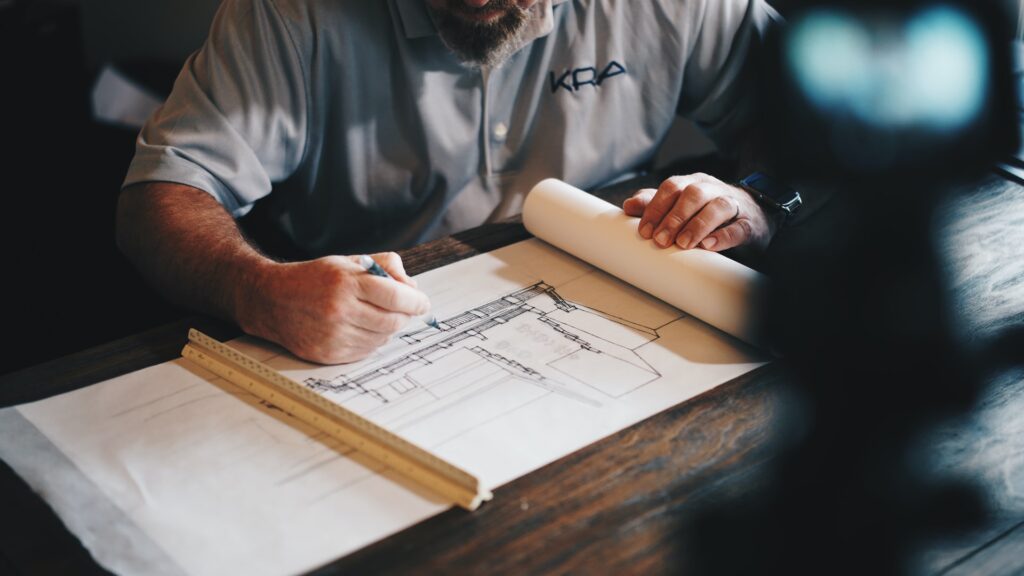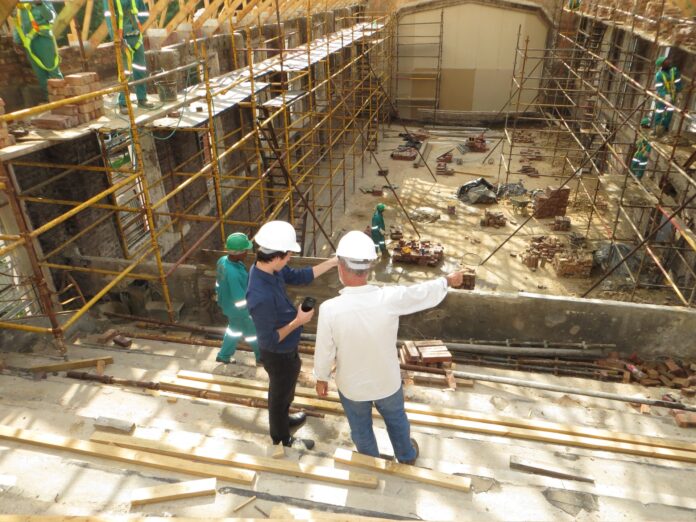A well-organized construction site is like poetry in motion. Powerful machinery, skilled engineers, and trained workers work in harmony to make the most fantastic building. So, what if I told you that in the heart of this massive building and breaking lies a humble generator? Would you believe in me? As weird as it may sound, the answer is a yes!
Generators have long gone from being a luxury to being an absolute luxury to an everyday necessity, especially in developing countries where electric supply is inadequate against demand. But in construction sites, generators are the essential tool.
So, why are generators important in a construction site? Let’s find out!
Uses of Generator in a Site:

Any construction facility requires a lot of power to run. There are potent instruments, small necessary appliances, housing for workers, and multiple other things that need a consistent electric connection to run. But there are many factors of electricity that we tend to overlook as well. The usage of electricity on a construction site are:
Running Appliances:
A construction site requires a plethora of appliances. However, the requirements of appliances are different based on the type of construction. If you’re building a road, you’d need massive tools like bulldozers, road-rollers, excavators, etc. Again you’d need small tools like chains, drills, air compressors, electric saws, etc.
The type of appliance might vary, but most small and medium instruments require constant electricity to be used or charged. According to PowerStuffs most constructors always have a generator to fulfill their needs.
Housing:

A construction project takes days. In exceptional cases, it takes years to finish a specific task. So, most contractors have to stay in places for long hauls.
For most constructors, the living place doesn’t involve grid connections. The houses and amenities are made temporarily for easy replacement and rebuildings. So, how do the homes run? Only by grid connections.
To prevent blackouts and lack of electricity, generators are a must-have near the houses. These generators are dedicated to providing electricity to the homes without interruptions.
Lighting:
In most cases, this is a day-long process. Workers start early in the morning and work late hours at night. So, lighting is an essential part of the process. It would help if you had lights to work efficiently at night while avoiding accidents. As the CDC suggests, construction workers can be exposed to many risks that can be dealt with by adequate lighting.
But, lights are generally required in bulk amounts. So, connecting them to the grid is not feasible. To ensure there are lights in place and the site is lightened up enough, generators must.
Logistics:

A part of any process is maintaining logistics. The office work, keeping data, providing information, ensuring the databases are working, and the communications are adequately done is just as important as the construction itself.
For logistics, a site requires multiple tools and appliances. These include computers, mobile phones, internet connections, landlines, cameras, mobile phones, etc., all of these need a stable internet connection to run correctly.
All of these require electricity to run. Since generators run the majority of the facilities, they are also powered by your generator. So, suppose you don’t have a stable generator to power your logistics. In that case, your entire construction site will get into trouble due to mismanagement, lack of coordination, and lack of communication.
Tackling Adverse Situations:
Sites can be anywhere. Whether in a metropolis or a rural area far away from people, you have to deliver in time. But sometimes, the situation itself poses a threat to the project.
Suppose you’re working on a project in a rural area where there aren’t any modern facilities nearby. Furthermore, necessities like gas stations, convenience stores aren’t available either. Even in such cases, you need the project completed in time at its fixed budget. So, having a few powerful generators at work can be helpful.
The seasons can also be a hindrance to your job. If you’re working in an icy winter or an unbearably hot summer, you need to make sure the workers are in good condition as well. Their housing would require more amenities; more appliances might be needed to finish the job, etc. So, electricity is a must. And when electricity is a must, a generator is a must as well.
Types of Generators Used in on Sites:
Small, medium, and heavy, all three types of generators are used in construction sites. Their functions include:
Heavy Generators:
Generally ranging from 200kW to 2500kW, these generators do all the heavy, dirty work. Massive road-building and breaking equipment for roads, housing, etc., are powered by generators. Massive generators are available in bulk in every construction site.
Medium Generators:
Anything from 5kW to 200kW is a medium generator. These generators are the most common in sites. Whether it’s a massive project or a small one, you’ll find them everywhere.
Medium powered work, such as building single houses or rooms, breaking walls, or building short length roads, can easily be achieved by generators of this size.
Small Generators:
Anything below the 5kW mark is considered a small generator in construction terms. They might not be the biggest, but they pack a punch. They’re the most widely and commonly used generators in every field.
They’re present in construction housing and offices. They power the logistics and small appliances and act as a backup for larger generators when they’re not working. Most portable generators are handy on construction sites.
Conclusion:
Generators are a novelty in every field of work. They’re useful, efficient, and economically friendly. Considering alternatives such as grid connections and solar panels, generators provide a powerful electric supply with a much smaller capital and significantly fewer efforts.
In a construction site, where the biggest challenge is to make sure all ends are met within the fixed time and budget, you must have generators of the right kind. A bit of investment can make a world of difference.









